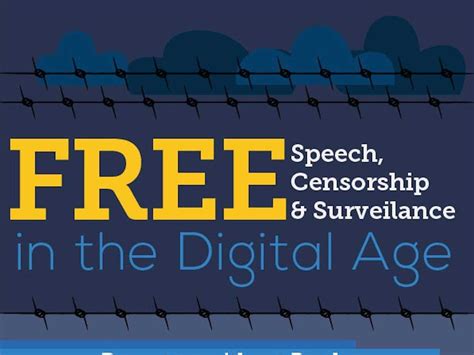In recent times, the international digital landscape has witnessed an increasing tendency towards the regional censorship of online content. This trend, often justified on moral, legal, or cultural grounds, significantly impacts the dynamics of digital freedoms and the expression of creativity. The recent decision by Pixiv to block adult content for users in the United States and United Kingdom is a stark reminder of how regional policies and corporate strategies play out against the broader backdrop of global internet governance.
At the heart of this issue lies the balance between regulatory compliance and the preservation of a free, uncensored internet. Historically, the internet was celebrated as a boundaryless digital space where information and creativity could flow freely. However, as digital platforms have gained exponential influence, so too have the pressures to align their policies with local laws and societal norms, complicating the narrative of digital freedom. This tug-of-war poses critical questions about where to draw the line on content censorship and who gets to make these decisions.
The reactions from various internet users highlight a deep-seated polarity in the perceptions and implications of digital content regulation. Some view Pixiv’s move as a necessary adherence to local laws that govern explicit content, aiming to shield users from potentially harmful material. In contrast, others see such measures as overly conservative, stifling creativity and expression under the guise of protection. This divergence underscores the broader conflict between fostering a safe online environment and nurturing an open, expressive digital commons.
Amidst this debate, the technical and practical aspects of content restriction come to the forefront. Techniques such as geographic blocking, content filtering, and age verification have become standard tools in the arsenal of digital platforms seeking to navigate the complex web of international content laws. However, these technical measures often result in unintended consequences, such as the fragmentation of internet spaces and the rise of digital ‘walled gardens’ that compartmentalize the global web.
The implications of such restrictive measures extend beyond mere inconvenience. They reflect a growing disenchantment with the overarching control exerted by a few large digital entities over what constitutes acceptable speech and expression. This disenchantment is particularly palpable among creators of adult content, who often find themselves at the mercy of opaque corporate policies and fluctuating societal standards. The shift towards more restricted internet practices raises alarms about the potential stifling of innovation and the homogenization of digital culture.
From a cultural perspective, this issue also intertwines with the broader discourse on morality, dignity, and the human condition in the digital age. The argument that human dignity extends into digital expression is compelling and challenges us to reconsider the implications of digital censorship not just as a technical or legal issue, but as a moral one. As societies worldwide continue to grapple with these complex themes, the conversation inevitably touches on the very nature of freedom and dignity in an interconnected world.
In response to these challenges, some advocate for decentralized digital platforms and the development of technologies that resist centralized control. Ideas such as peer-to-peer networks, cryptocurrency transactions, and independently hosted servers present alternative models that could potentially empower users and creators by circumventing traditional gatekeepers. These technologies suggest a pathway towards a more distributed and less censored internet, though they also come with their own set of challenges and vulnerabilities.
The unfolding scenario of online content regulation and the response it elicits from different stakeholders is a rich ground for ongoing debate. As digital platforms continue to evolve and intersect more deeply with issues of global governance and personal freedoms, the need for a nuanced understanding of digital rights cannot be overstated. It is essential for policymakers, internet users, and platform operators alike to engage with these issues critically, ensuring that the digital future remains open, vibrant, and inclusive.


Leave a Reply